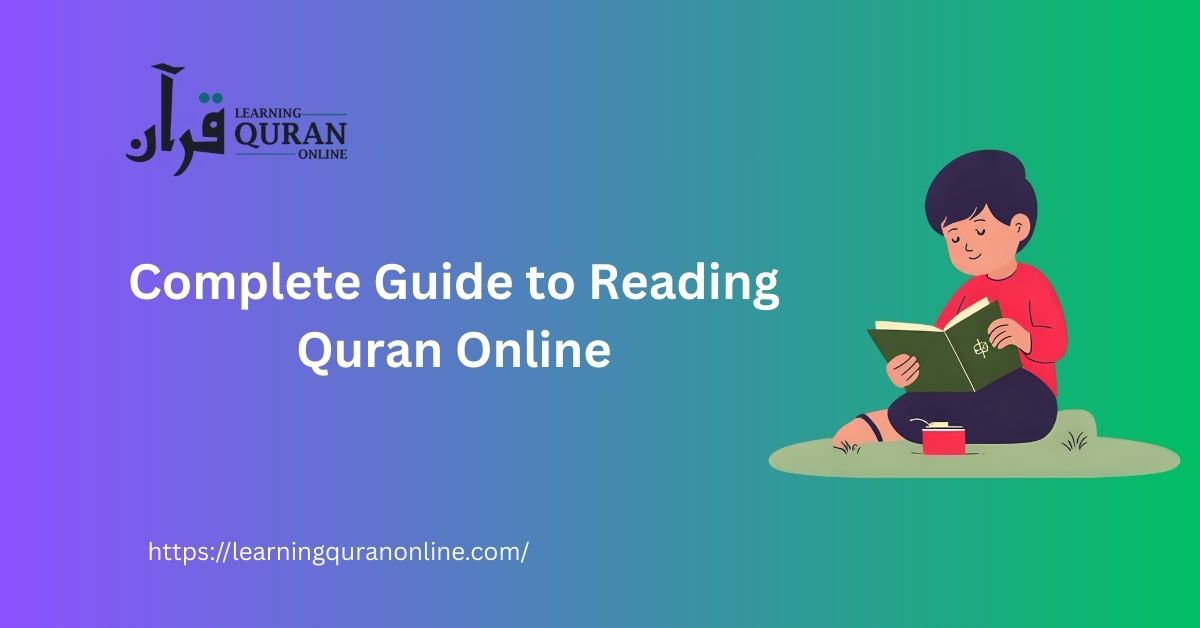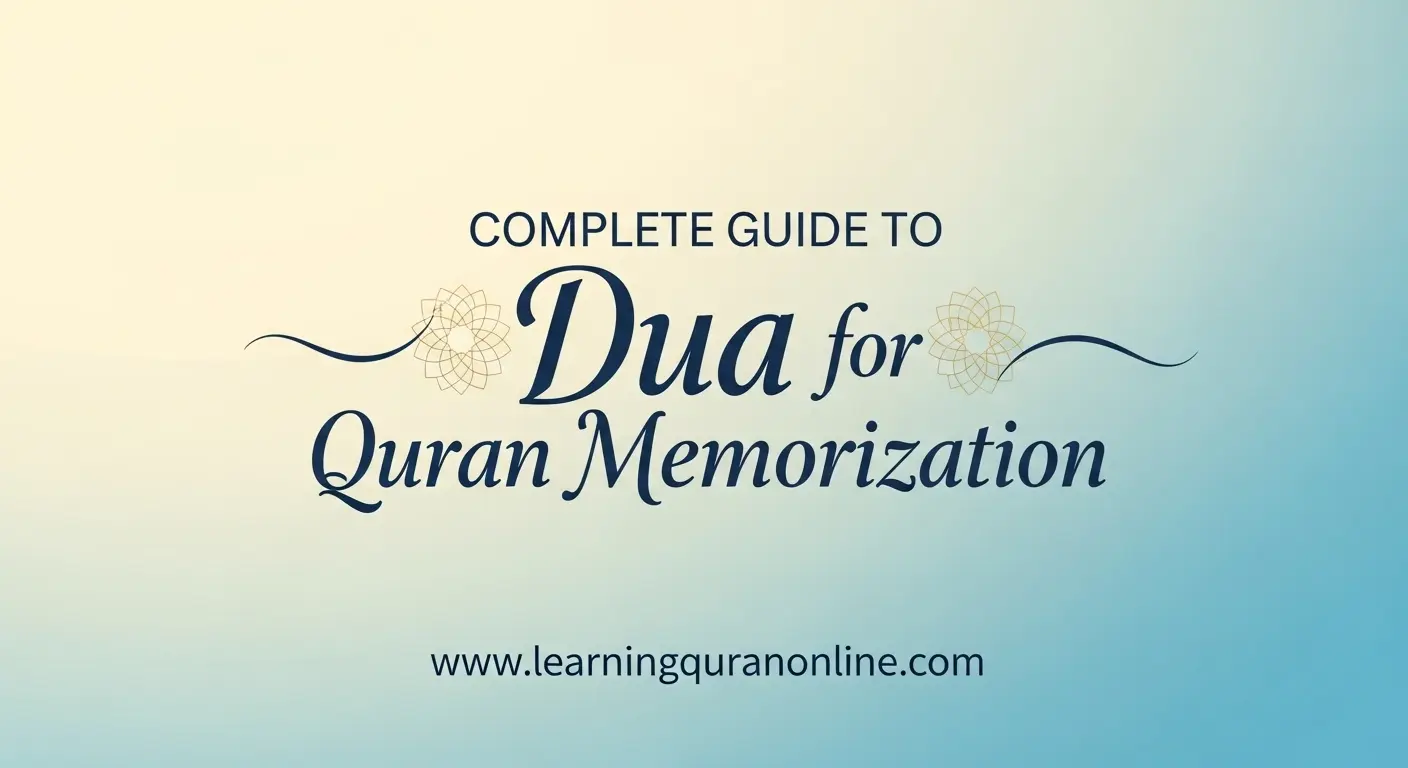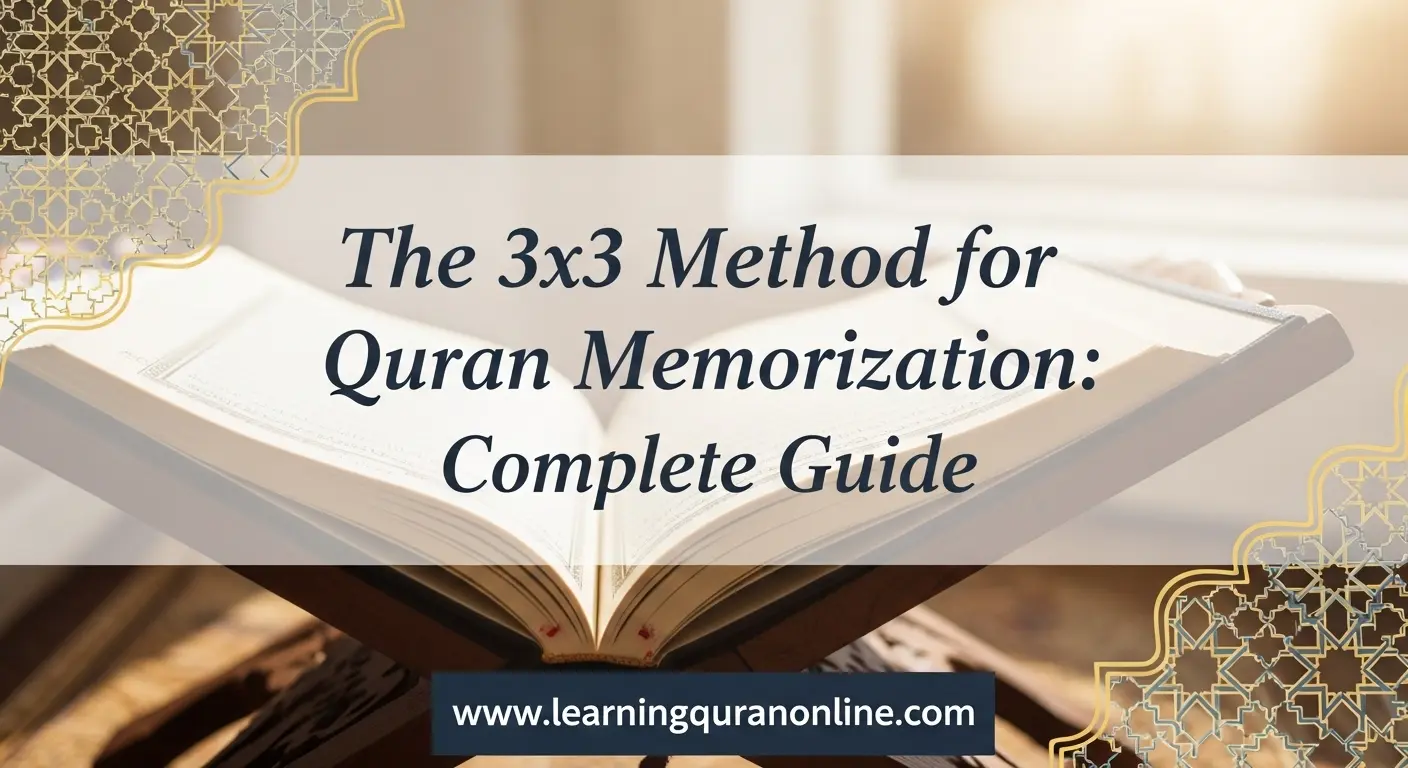Table of Contents
ToggleWhy Read Quran Online? Benefits of Online Quran Learning
Reading the Quran online combines the authenticity of traditional teachings with the convenience of modern technology. Online Quran learning offers flexibility, personalized lessons, and access to qualified qaris and tutors from anywhere in the world. For busy adults, remote learners, and children, online Quran classes can be the most practical way to learn to read the Quran, improve recitation, and memorize (Hifz) with consistent guidance.
- Flexible scheduling — one-on-one or group classes at convenient times.
- Access to certified Quran tutors and specialized teachers for Tajweed and Hifz.
- Interactive tools — video lessons, audio recitations, and digital exercises.
- Cost-effective options compared to local in-person classes.
- Safe, home-based learning environment for kids and adults.
How to Choose the Best Online Quran Platform
Not all online Quran courses are the same. Choosing the right platform involves evaluating curriculum, teacher qualifications, teaching methodology, and resources. Here are the key criteria to consider when selecting an online Quran academy or tutor:
- Qualified tutors: Look for teachers with formal Tajweed training and experience teaching online.
- Structured curriculum: A clear pathway from Arabic alphabet and reading rules (harakat, makharij) to advanced Tajweed and memorization.
- Lesson formats: Live one-on-one lessons, group sessions, recorded lessons, and interactive materials.
- Trial classes: A free or low-cost trial lesson helps assess teaching style and compatibility.
- Student progress tracking: Regular assessments, feedback, and reports on recitation improvement.
- Safety and privacy: Secure learning platforms and child protection policies for kids’ classes.
Learning Methods: Live Classes, Recorded Lessons, and Apps
When you learn to read Quran online, you’ll typically encounter three main formats: live interactive classes, recorded self-paced lessons, and mobile apps. Each has benefits depending on your learning style and goals.
- Live one-on-one classes: Best for personalized attention, targeted Tajweed corrections, and faster progress. Ideal for beginners and Hifz students.
- Group classes: More affordable and social, suitable for general recitation and beginners who benefit from learning with peers.
- Recorded lessons and courses: Good for self-paced learners who need flexible timing and want to revisit material multiple times.
- Mobile apps and interactive platforms: Useful for daily practice, listening to high-quality recitations, and learning basics like the Arabic alphabet and Harakat.
Key Components of a Good Quran Reading Curriculum
A complete curriculum for reading the Quran online should include progressive modules that build from the basics to advanced recitation and memorization. Important components include:
- Arabic alphabet and phonetics: Mastering letters, shapes, and sounds (makharij).
- Harakat and reading rules: Short vowels, sukun, tanween, and reading fluency.
- Tajweed rules: Noon and meem rules, madd, ghunnah, idgham, ikhfa, and articulation points.
- Recitation practice: Listening to qaris, repeating verses, and recording for feedback.
- Understanding and translation: Learning the meaning of verses and applying tafsir basics.
- Hifz (memorization): Structured memorization schedules and revision techniques.
- Evaluation and certification: Regular assessments and optional certificates on course completion.
Practical Tips to Improve Quran Recitation Online
Consistent practice is essential when learning to read the Quran online. Below are actionable tips to enhance your learning experience and improve recitation:
- Start with the basics: Spend time mastering the Arabic alphabet and proper pronunciation before moving to full surahs.
- Practice daily: Even 15–30 minutes daily yields more progress than irregular long sessions.
- Record and review: Use your phone to record recitation and compare it with a qualified qari.
- Use Tajweed resources: Visual aids, color-coded scripts, and Tajweed charts help internalize rules.
- Ask for corrective feedback: Regular one-on-one feedback from a tutor accelerates improvement.
- Listen to reciters: Follow professional qaris to develop rhythm and correct articulation.
- Set realistic goals: Short-term objectives (learn a surah, master a tajweed rule) keep motivation high.
Tools and Resources for Reading Quran Online
There are many high-quality resources available for online Quran reading and learning. Combining these tools with live instruction gives a well-rounded experience.
- Quran apps with audio and translation (e.g., apps that support Tajweed coloring and verse-by-verse playback).
- Interactive websites offering free tajweed lessons and printable worksheets.
- YouTube channels featuring Tajweed demonstrations and recitation guides (use selectively and verify teacher credentials).
- Digital mushafs with searchable text and transliteration for beginners.
- Flashcards and games for kids to learn Arabic letters and basic reading skills.
Online Quran Classes for Children vs. Adults
Teaching methods differ by age group. Children often require more interactive sessions, gamified learning, and parental involvement, while adults can often move through structured curricula more quickly and focus on meaning and Tajweed depth.
- Kids: Short sessions, colorful materials, rewards and games, regular parental check-ins, and progress reports.
- Teens & Adults: Deeper focus on Tajweed, tafsir, and Hifz techniques. Adults may prefer flexible schedules and self-paced modules.
Common Concerns When Learning the Quran Online
Some learners worry that online study lacks personal connection or proper correction. With the right platform, these issues can be resolved. Look for live interaction, video-call lessons, and platforms that allow screen sharing and real-time correction of pronunciation.
Security and privacy are other concerns. Ensure the online Quran academy you choose follows safe practices for children, uses secure video platforms, and has clear policies on recordings and data.
How to Start: A Step-by-Step Plan
Ready to begin? Follow this simple step-by-step plan to start reading the Quran online effectively:
- Identify your goals (reading fluently, memorizing, learning Tajweed, or teaching your child).
- Choose a reputable online Quran platform or tutor with a structured curriculum and trial lessons.
- Schedule regular lessons and set a daily practice routine.
- Use supportive resources—apps, audio recitations, tajweed charts—and record your sessions for review.
- Track progress with periodic assessments and adapt pace as needed.
FAQ: Quick Answers to Common Questions
Can I learn Tajweed properly online?
Yes. Many experienced teachers offer Tajweed lessons online with video demonstrations, articulation exercises, and real-time corrective feedback.
Is online Quran learning suitable for Hifz?
Absolutely. Structured Hifz programs with daily one-on-one supervision, memorization schedules, and revision plans work well in the online format.
How long does it take to learn to read the Quran?
Time varies by learner. Beginners might learn basic reading in a few months with regular practice; achieving fluent Tajweed proficiency can take longer depending on lesson intensity and practice.
Conclusion
Reading the Quran online has never been more accessible or effective. Whether you are taking your first steps in learning the Arabic alphabet, aiming to perfect Tajweed, or committing to memorize the Qur’an, online Quran classes and resources can support you every step of the way. Choose a platform that offers qualified tutors, a clear curriculum, and the right learning format for your needs. If you are looking for personalized, flexible, and reliable online Quran instruction, consider exploring reputable online Quran academies — many, including Learning Quran Online, offer trial lessons so you can find the best fit.
















